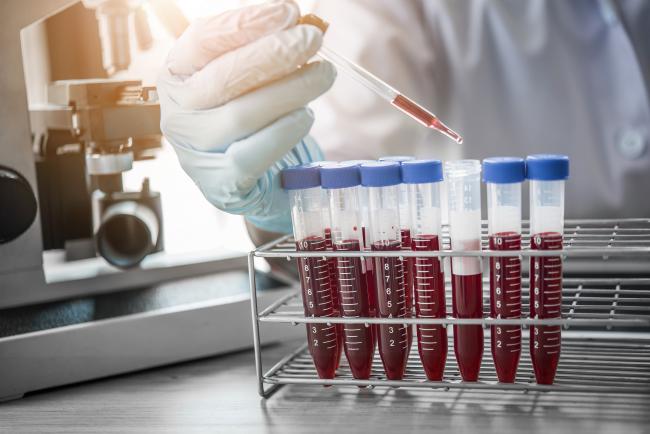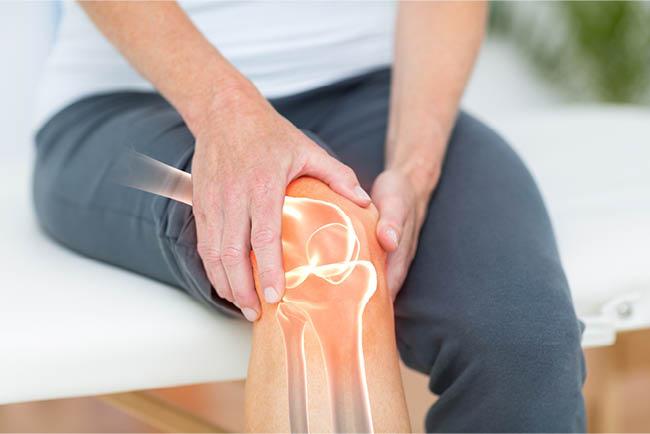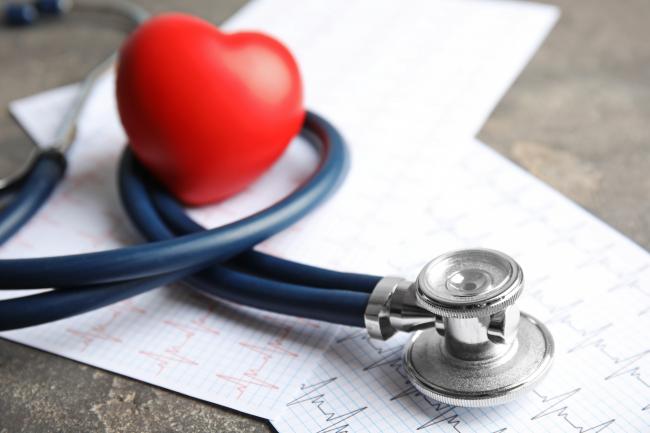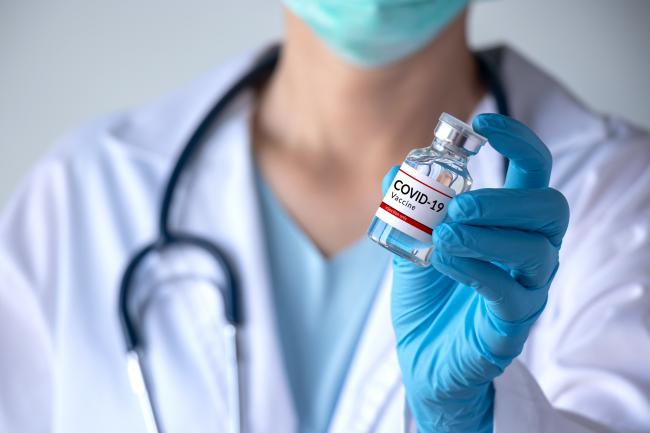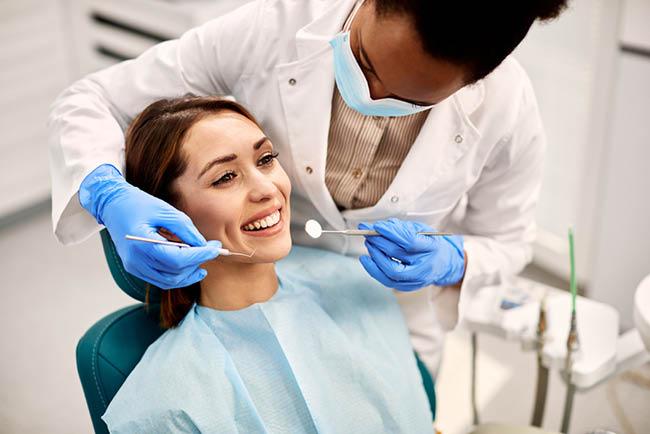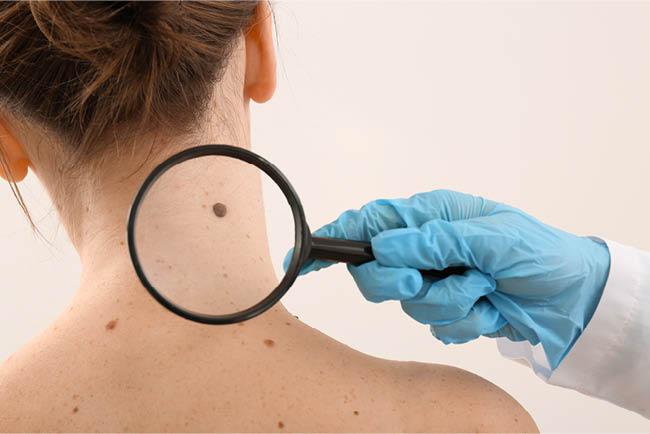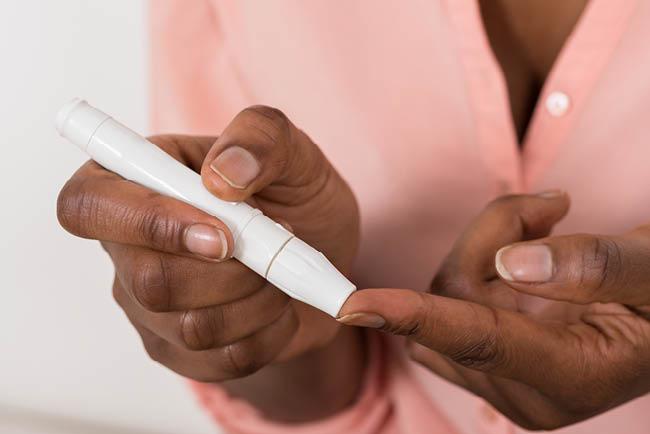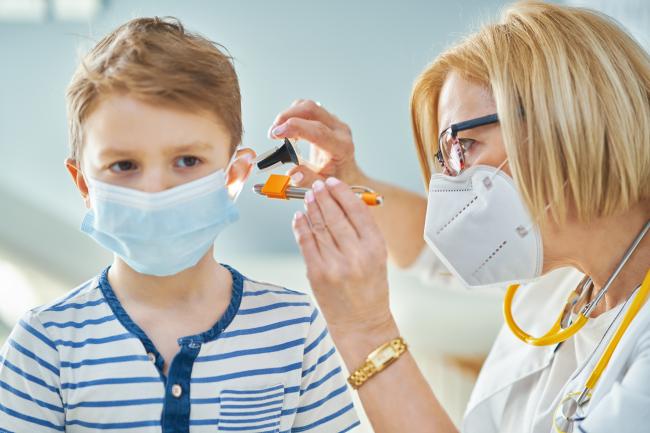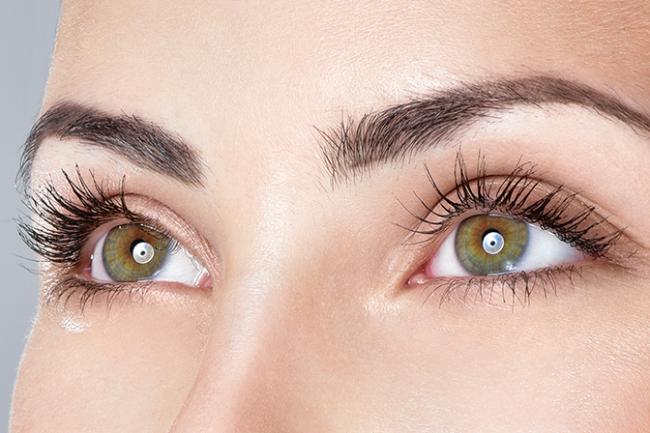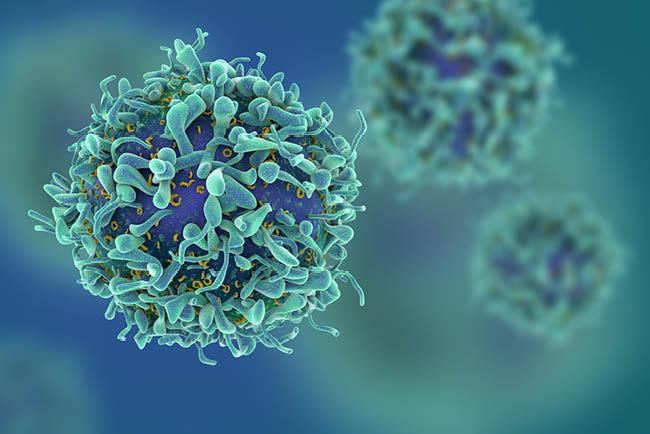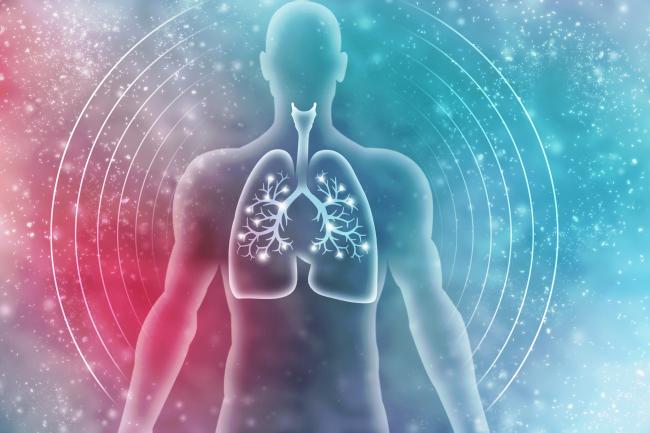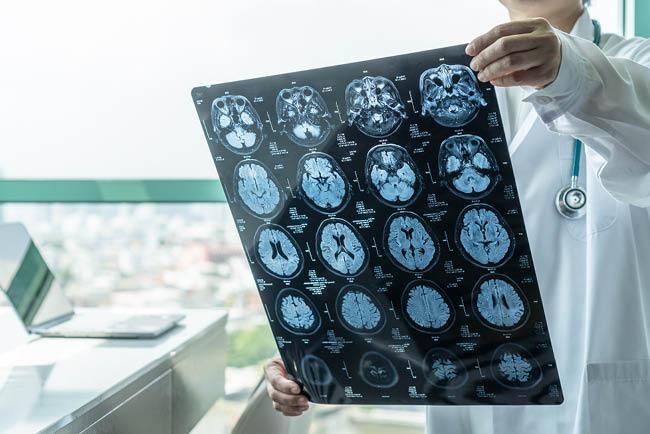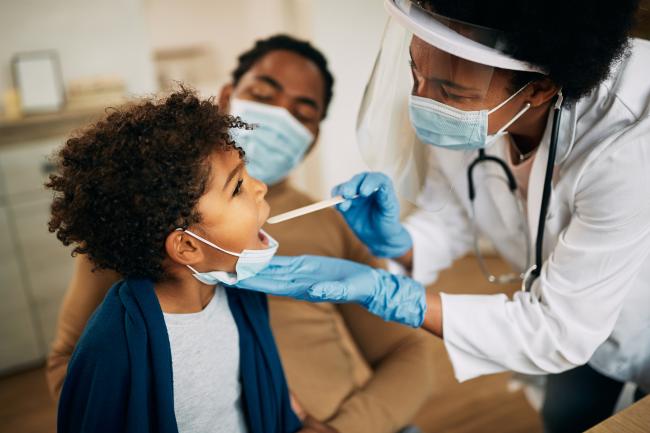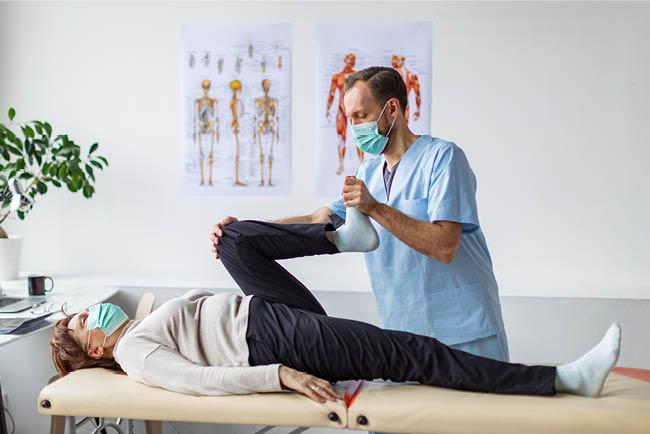Search Studies
Research studies are looking for volunteers just like you. Both healthy volunteers and participants with specific health conditions are needed to help answer important questions impacting the health of our friends and family. Join us to improve the health of others.
-
Cognition and Brain Circuitry
Official Title Cognition and Brain CircuitryPurpose
The purpose of the study is to look at how our brain networks interact for different mental functions and how individual differences in brain structure and function determines individual differences in behavior. During this study, we use magnetic resonance imaging methods: functional magnetic resonance imaging (fMRI) and diffusion weighted imaging (DWI). Functional MRI (fMRI) and DWI are typical imaging methods that use a strong magnetic field and radio waves to make pictures of your body. The total length of the study will be between 3 and 4 hours, including up to 2 hours outside the MRI scanner and 2 hours in the scanner.
Could this study be right for you?
- Healthy adults between 18-40 years of age
- Have normal or corrected-to-normal vision
Age Range
18 and up -
Death of a Child During the Pandemic: Experiences of Parents
Official Title Death of a Child During the Pandemic: Experiences of ParentsPurpose
The purpose of this exploratory study with parents who have experienced the death of a minor child during the COVID-19 pandemic is to determine a) if it is worthwhile to recruit parents using an online platform; b) if it is suitable to be able to obtain the data of interest using an online platform; c) if parents find this type of recruitment and data collection strategy acceptable; and d) what the experiences of parents whose child died during the COVID-19 pandemic have been like.
Could this study be right for you?
The following are the eligibility criteria:
- Inclusion:
- Parents whose child died between March 15, 2020 and present
- 30 days post child death
- Child age at death: Birth to 19 years
- Speaks English
- Any care setting (home, hospital, hospice care facility, long-term care)
- Parents who are 18 years or older
Age Range
18 and up - Inclusion:
-
Decision Making Among Couples Concerning "Permanent/Irreversible" Birth Control
Official Title Couple Dynamics Surrounding Contraceptive SterilizationPurpose
This study aims to understand people’s experiences with contraceptive sterilization (such as tubal ligations or vasectomies).
The purpose of this study is to better understand how adults decide to use sterilization as
their main form of birth control. By examining sterilization decisions, this study will
provide a better understanding of how individuals describe and explain their decision
making process.In this study we are interested in learning how people discuss these decisions with their partner, as
well as everyday interactions with their partner, other forms of birth control, and attitudes
about gender more generally.Could this study be right for you?
- Ages 21-55
- Have used tubal ligation or vasectomy as primary contraception, WITHIN the last five (5) years
Participants will be asked to answer a series of questions regarding their experience with sterilization. Interviews will be digitally recorded by audiotape and will remain confidential. The duration of the interview will last approximately one hour to one hour and thirty minutes.
Age Range
21 and up -
Decision-Making Abilities and Testamentary Capacity Among Older Adults
Official Title Decision-Making Abilities and Testamentary Capacity Among Older AdultsPurpose
The overall goal of this research is to examine factors such as social resources, personality characteristics, and neurocognitive functioning in relation to decision-making abilities testamentary capacity among healthy older adults.
Another purpose of this research study is to evaluate the impact of Problem-Solving Treatment-Primary Care (PST-PC), a cognitive-behavioral therapeutic approach, on decision making among healthy older adults. PST-PC involves a seven-step model, in which participants identify problems to be solved, discuss and evaluate different resolutions to reach desired goals; create action plans to accomplish determined goals; and evaluate their effectiveness in resolving designated problems.
We will compare the effectiveness of PST-PC on individuals who will not receive any intervention.
A no treatment control group of older adult participants will also be recruited to compare the effectiveness of PST-PC to individuals who do not receive the intervention. This no treatment control group will composed of participants who do not receive the PST-PC sessions.
Could this study be right for you?
Inclusion Criteria:
- adults aged 65 and older
- Must be independently-living and community-dwelling
- Participants must be willing to undergo a health interview to rule out outstanding medical and psychiatric conditions
- Adequate sensory abilities
Exclusion Criteria:
- A history of psychiatric illness necessitating inpatient treatment
- Participants with self-reported depression and/or anxiety exceeding mild levels of clinical severity
Age Range
65 and up -
Diet Quality in Children 3-5 Years Old from Low Income Households
Official Title An Examination of the Diet Quality of Children Low Income Children from 3-5 Years of AgePurpose
To determine dietary patterns and calculate dietary quality of young children enrolled in child care centers, WIC, and other places that serve parents and young children; and to identify the most significant cultural, social, and economic factors influencing the dietary and eating patterns of these children.
The total amount of time you will be asked to volunteer for this study is 2 hours and 10 minutes.
Could this study be right for you?
- Parents and/or caregivers must be at least 18 years of age
- Each household must qualify as low income status
- Each parent/caregiver must be fluent in English
- Each child must not have a medical condition requiring diet modifications
- Each child must be 3-5 years old
Age Range
3 and up -
Diet Quality in Children Birth to 6 Months Old from Low Income Households
Official Title An Examination of the Diet Quality of Low-Income Children from Birth to 6 Months Old.Purpose
The purpose of the research is to determine the dietary patterns and calculate the dietary quality of infants and enrolled in childcare centers, WIC, and other places that serve parents of young children; and to identify the most significant cultural, social, and economic factors influencing the dietary and feeding patterns of these children.
The total amount of time you will be asked to volunteer for this study is 2 hours and 10 minutes.
Could this study be right for you?
- Parents or caregivers must be at least 18 years of age
- Each parent/caregiver must be fluent in English
- Each household must qualify as low income status based on the number of people in the household
- Children must be within 0-6 months of age
- Children must not have any medical condition requiring a modified diet
-
Diet Quality of Low-Income Children 6-24 months old
Official Title An Examination of the Diet Quality of Low-Income Children 6-24 months oldPurpose
The purpose of the research is to determine the dietary patterns and calculate the dietary quality of children 6 to 24 months of age and enrolled in childcare centers, WIC, and other places that serve parents of young children; and to identify the most important cultural, social, and economic factors influencing the dietary and feeding patterns of these children. The total amount of time you will be asked to volunteer for this study is 2 hours and 10 minutes.
Could this study be right for you?
- Parent or caregiver of a child 6 to 24 months old
- Receiving WIC, SNAP, or similar benefits
- Live in Franklin County, Ohio
Age Range
18 and up -
Evaluating a Mobile Health App for Cardio-Oncology Patients
Official Title Mobile Health App as a Cardiotoxicity Symptom Logging Tool: Feasibility Pilot StudyPurpose
To evaluate the cardio-oncology patient population’s experience with using smart-phone technology as a part of self-management with their care through features such as symptom logging and education. Eligible patients will be asked to participate in a 30-minute virtual interview and/or a 60-minute virtual design or usability session to discuss their thoughts on a mobile app for cardio-oncology patients.
Could this study be right for you?
- English-speaking
- Prior cancer diagnosis
- Currently undergoing a cancer regimen that includes a targeted, biologic, radiation, and/or immune-based therapy (e.g., TKIs and/or ICIs).
- No pregnant females
- No prisoners
Age Range
18 and up -
Evaluating Mindfulness-based Cognitive Therapy for Posttraumatic Stress Disorder and COVID Pandemic-related Stress
Official Title Neural Mechanisms of Mindfulness-based Cognitive Therapy (MBCT) for Posttraumatic Stress Disorder (PTSD) and COVID Pandemic-related StressPurpose
The purpose of this study is to better understand how Mindfulness-based Mind-Body therapies work to help people with Posttraumatic Stress and Stress and Anxiety related to the COVID Pandemic. We want to learn more about how these treatments work so we can put together better treatments for people with PTSD and stress or worry. Time in the study altogether is generally about 16-18 weeks
Could this study be right for you?
For those suffering from PTSD:
- Must be between 18 – 72 years of age
- Must have current clinically significant symptoms of PTSD
- Must be able to come to OSU Columbus campus for fMRI brain scan
- Must be appropriate for group therapy
Eligibility for those with Pandemic Stress:
- Must be between 18 – 72 years of age
- Must have current stress related to the pandemic
- Must reside in selected zip codes / under-resourced areas in central Ohio (areas with high levels of residents with incomes near the poverty line)
- Must be able to come to OSU Columbus campus for fMRI brain scan
- Must be appropriate for group therapy
- May have up to moderate depression and/or anxiety
Age Range
18 and up -
Evaluating Risk Factors and Behavior Change in Adolescents (16-19 years old)
Official Title Trauma and Neurobiological Threat Reactivity as Risk Factors for Alcohol Abuse in YouthPurpose
This research study will look at how brain and behavioral responses to emotional prompts relate to future behaviors. This research is being done to better understand risk factors and behavior change in adolescents. The total time that you will be involved in this study is 15 hours including 4 in-person visits and online follow-up forms every 3-months for 2 years.
Could this study be right for you?
Eligibility Criteria includes:
- 16-19 years old
- No history of alcohol use disorder
- History of Interpersonal Trauma
- Voluntarily consumed at least 1 prior alcoholic beverage (partial list of inclusion criteria)
Exclusion Criteria:
- Currently pregnant (positive pregnancy test), or trying to become pregnant (women)
- Lifetime history of any substance use disorder (partial list of exclusion criteria)
Age Range
16 and up -
Frequency of Treatment in Children with Language Impairment
Official Title Determining the Optimal Treatment Intensity for Children with Language ImpairmentPurpose
The purpose of the study is to determine the amount of speech-language intervention children need to make improvements.
We hope to identify the appropriate amount of intervention needed as well as the point at which adding more intervention is no longer beneficial.
Participation in this study will last for approximately 10 weeks with one 2 hour session before the book reading intervention, one 2 hour session after the book reading intervention and a 6-month follow up.
Could this study be right for you?
Inclusion Criteria:
- Your child is between the ages of 5 and 6 years 11 months old
- Has received a primary diagnosis of a Language Impairment with vocabulary deficits
- Receives Speech and Language services through their school
- Primarily communicates in English
Age Range
5 and up -
Healthy New Albany: Breast Cancer Project
Official Title Healthy New Albany: Breast Cancer ProjectPurpose
Determine the feasibility of delivering a community-based, lifestyle weight management intervention in producing meaningful improvements in weight loss and relevant clinical and patient-reported outcomes in Breast Cancer survivors.
Could this study be right for you?
- Female breast cancer survivor within 60 months after cessation of active treatment.
- Overweight/Obese (BMI > 25).
- Ability to understand and willing to sign a written informed consent.
- Willing and physically able to participate in physical activity.
- Obtain physician consent via primary care physician and/or treating oncologist.
Age Range
30 and up


